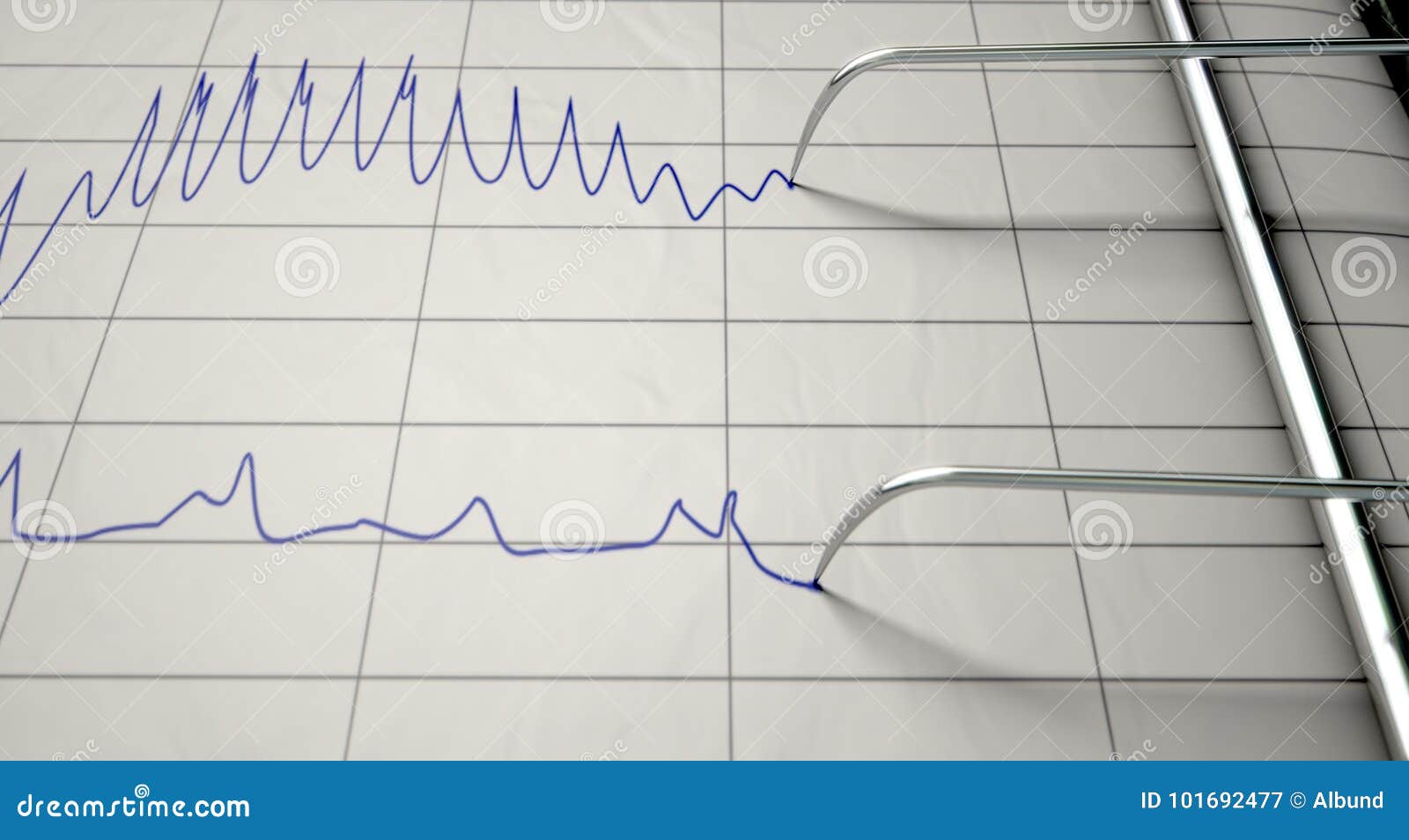The Truth Behind Lie Detector Tests: Fact or Fiction?
The Truth Behind Lie Detector Tests: Fact or Fiction?
Blog Article

Lie detector tests, also known as polygraph tests, have long been a subject of fascination and controversy. These tests are often portrayed in movies and TV shows as foolproof methods to determine if someone is telling the truth or not. The idea of a machine being able to detect lies by measuring physiological responses, such as heart rate, blood pressure, and sweat levels, is both intriguing and somewhat unsettling. But are lie detector tests really as accurate as they are portrayed to be in popular media?
While lie detector tests have been used for decades by law enforcement agencies and government agencies in various investigations, their reliability and accuracy are still a topic of debate among experts. Critics argue that the results of these tests can be influenced by various factors, such as the individual's state of mind, the skills of the examiner, and even cultural differences. Despite their limitations, lie detector tests continue to be used in certain scenarios, raising questions about their validity and impact on the legal system.
History of Lie Detector Tests
Lie detector tests, also known as polygraph tests, have a long and controversial history. Their origins can be traced back to the early 20th century when the first rudimentary lie detection devices were developed. These early devices were based on the idea that physiological responses such as changes in heart rate, blood pressure, and respiration could indicate when someone was being deceptive.
The modern polygraph machine as we know it today was further developed in the 1920s by John Augustus Larson, a medical student and police officer. Larson's polygraph measured various physiological indicators and provided a visual record of the individual's responses. This technology quickly gained popularity in the law enforcement community as a tool for detecting deception.
Throughout the years, lie detector tests have sparked debate and controversy regarding their accuracy and reliability. While some experts argue that they can be valuable tools in certain situations, others point out the limitations and inconsistencies associated with polygraph testing. Despite advancements in technology, the question of whether lie detector tests are truly effective remains a topic of ongoing discussion and research.
Lie detector test
Accuracy of Lie Detector Tests
When it comes to the accuracy of lie detector tests, there is ongoing debate within the scientific community. While proponents argue that polygraph tests can detect deception by measuring physiological responses such as heart rate and perspiration, critics claim that they are not foolproof.
One of the main criticisms of lie detector tests is that they can be influenced by various factors, such as the individual's psychological state, medications they may be taking, or even their cultural background. These external variables can impact the results of the test and compromise its accuracy.
Despite these criticisms, some studies have shown that when conducted by trained professionals in controlled environments, lie detector tests can be fairly accurate. However, it is important to interpret the results with caution, as no method of detecting deception is infallible.
Controversies Surrounding Lie Detector Tests
Despite their common use in various settings such as law enforcement and employment screenings, lie detector tests have faced significant backlash due to their reliability being questioned. Critics argue that factors such as an individual's mental state, anxiety levels, and even their cultural background can all influence the test results, potentially leading to false readings.
Additionally, there's a concern over the subjective interpretation of lie detector test results since the accuracy of these tests heavily relies on the examiner's expertise. This raises doubts about the objectivity and consistency of the results obtained, making it difficult to truly determine the veracity of the information gathered through such tests.
Furthermore, ethical considerations come into play when it comes to the use of lie detector tests. The invasive nature of these tests and their potential impact on an individual's privacy have led many to question whether relying on such methods aligns with fundamental rights and ethical standards. These controversies surrounding the use of lie detector tests continue to spark debate among professionals and the general public alike.
Report this page